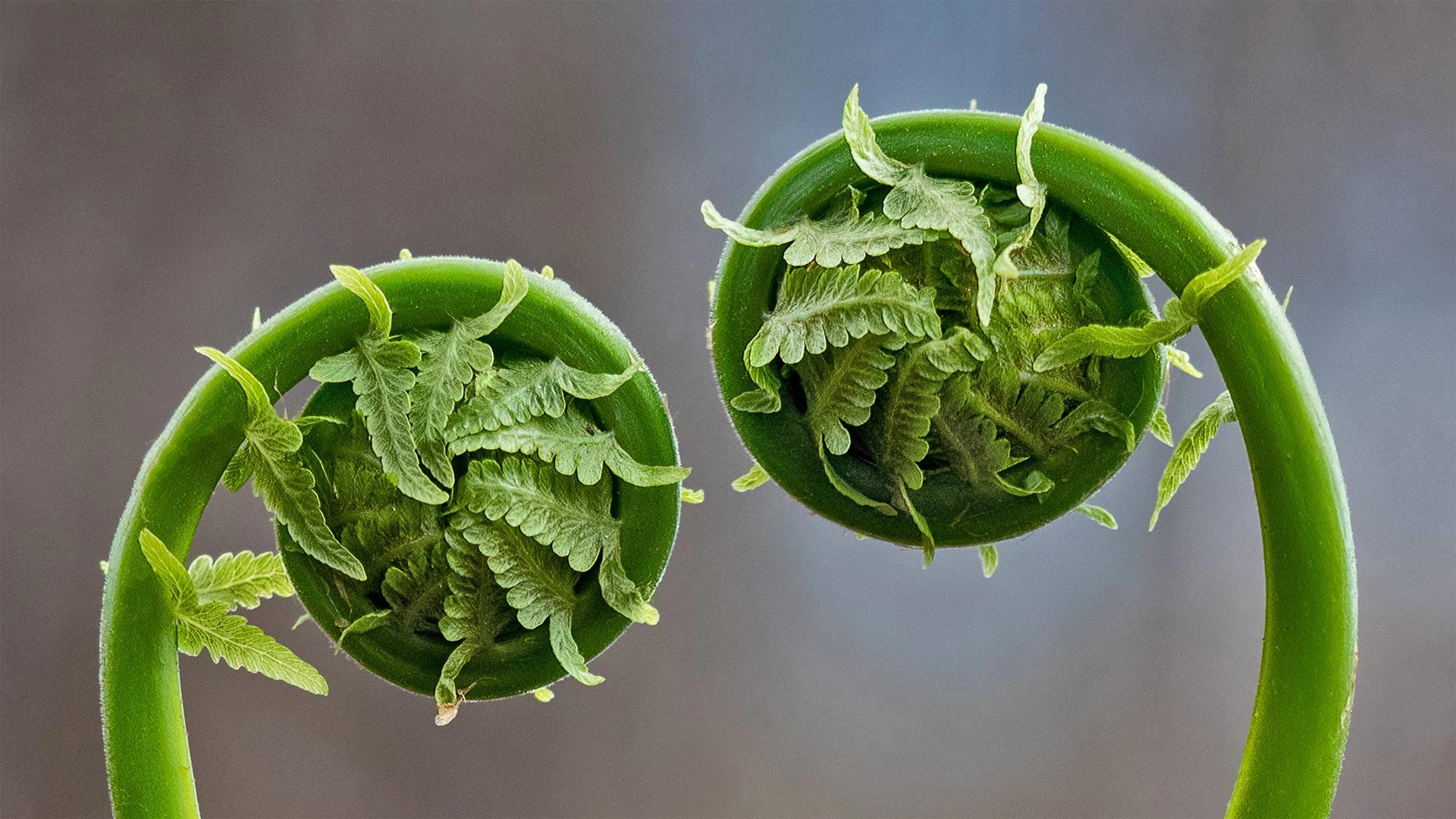China is one of the largest producers of organic waste in the world, with millions of tons of food scraps, yard trimmings, and other compostable materials generated each year. As the Chinese population continues to grow and urbanize, the need for sustainable waste management solutions has become increasingly urgent.
One innovative solution that has gained traction in recent years is composting machines, which can effectively turn organic waste into nutrient-rich compost. These machines are able to break down food scraps and other biodegradable materials through a controlled process of decomposition, resulting in a valuable soil amendment that can be used to enhance soil fertility and promote plant growth.
The impact of composting machines on China’s organic waste has been significant. By diverting organic materials from landfills, these machines help reduce greenhouse gas emissions and alleviate the strain on already overcrowded waste disposal facilities. Additionally, the compost produced by these machines can be used to improve soil quality and support sustainable agriculture practices.
One notable example of the impact of composting machines in China is the city of Shanghai, which has implemented a comprehensive organic waste management system that includes the use of composting machines. Through a combination of public education campaigns, community outreach programs, and incentives for residents to participate in composting, Shanghai has been able to significantly reduce the amount of organic waste sent to landfills.
In addition to environmental benefits, composting machines also offer economic opportunities for businesses and entrepreneurs. By investing in composting technology, companies can create new revenue streams by selling compost products to farmers, landscapers, and other end-users. This not only helps reduce waste disposal costs but also creates jobs and stimulates local economies.
While composting machines have shown great promise in addressing China’s organic waste challenges, there are still barriers to widespread adoption. These include high upfront costs, limited infrastructure for collecting and processing organic waste, and cultural barriers to composting among the general population.
To overcome these challenges, it will be important for government agencies, businesses, and community organizations to work together to promote the benefits of composting machines and provide support for those looking to invest in this technology. By continuing to explore innovative solutions like composting machines, China can make significant strides towards a more sustainable future for its organic waste management practices.
Turning Trash into Treasure: The Impact of Composting Machines on China’s Organic Waste



